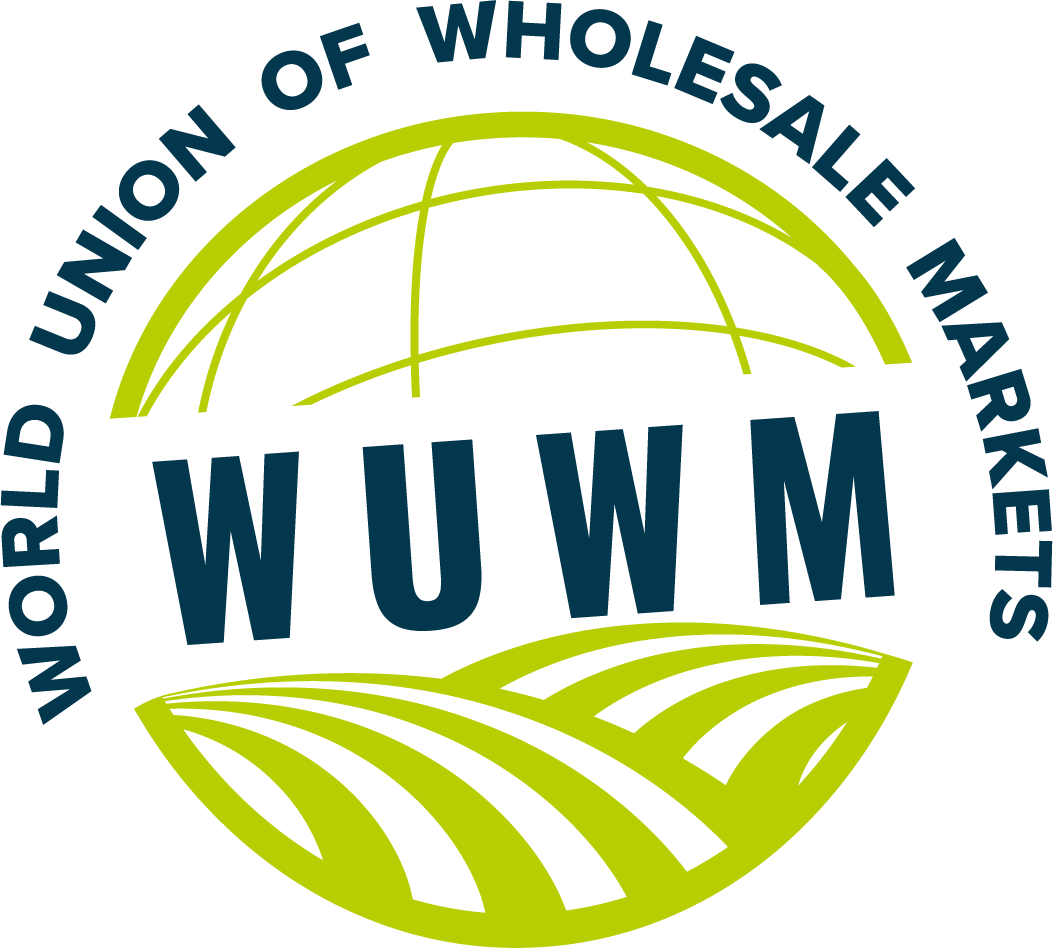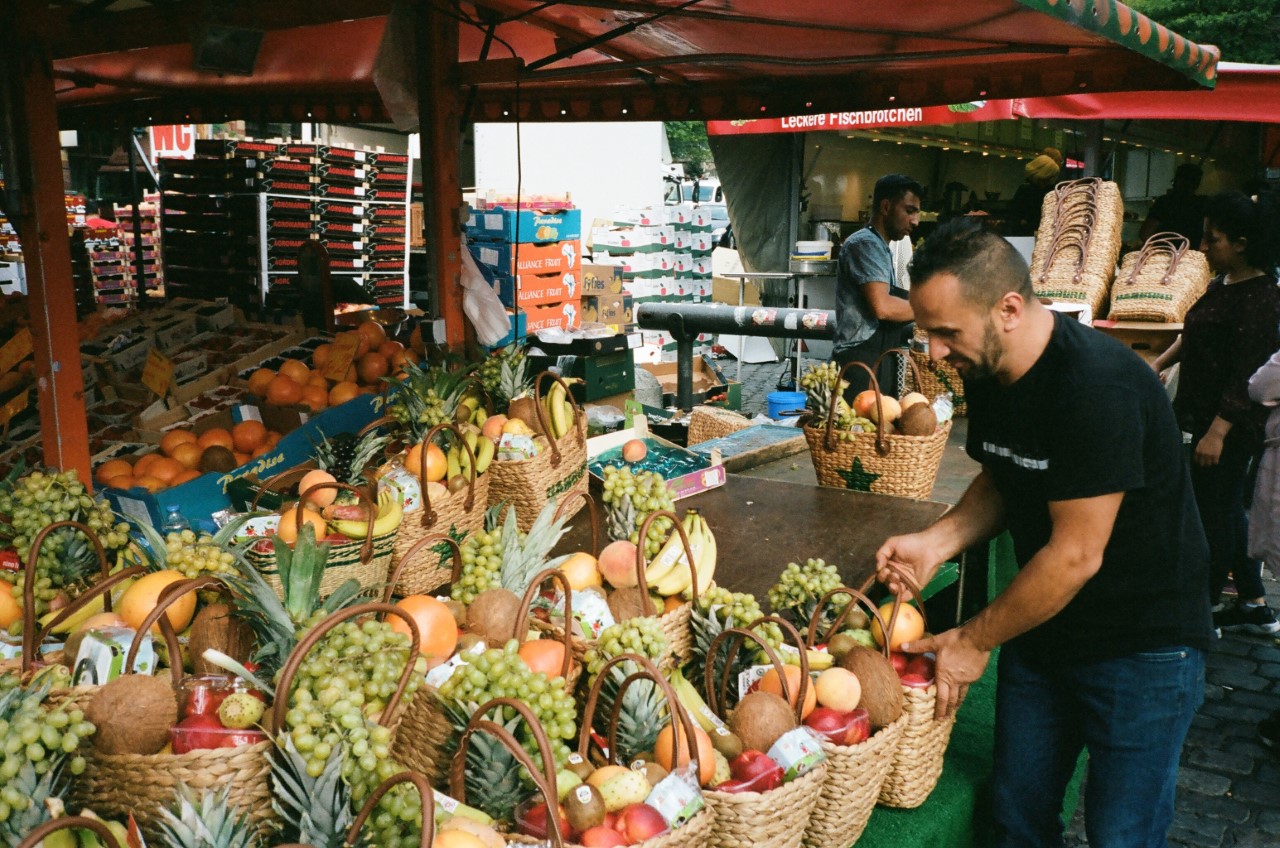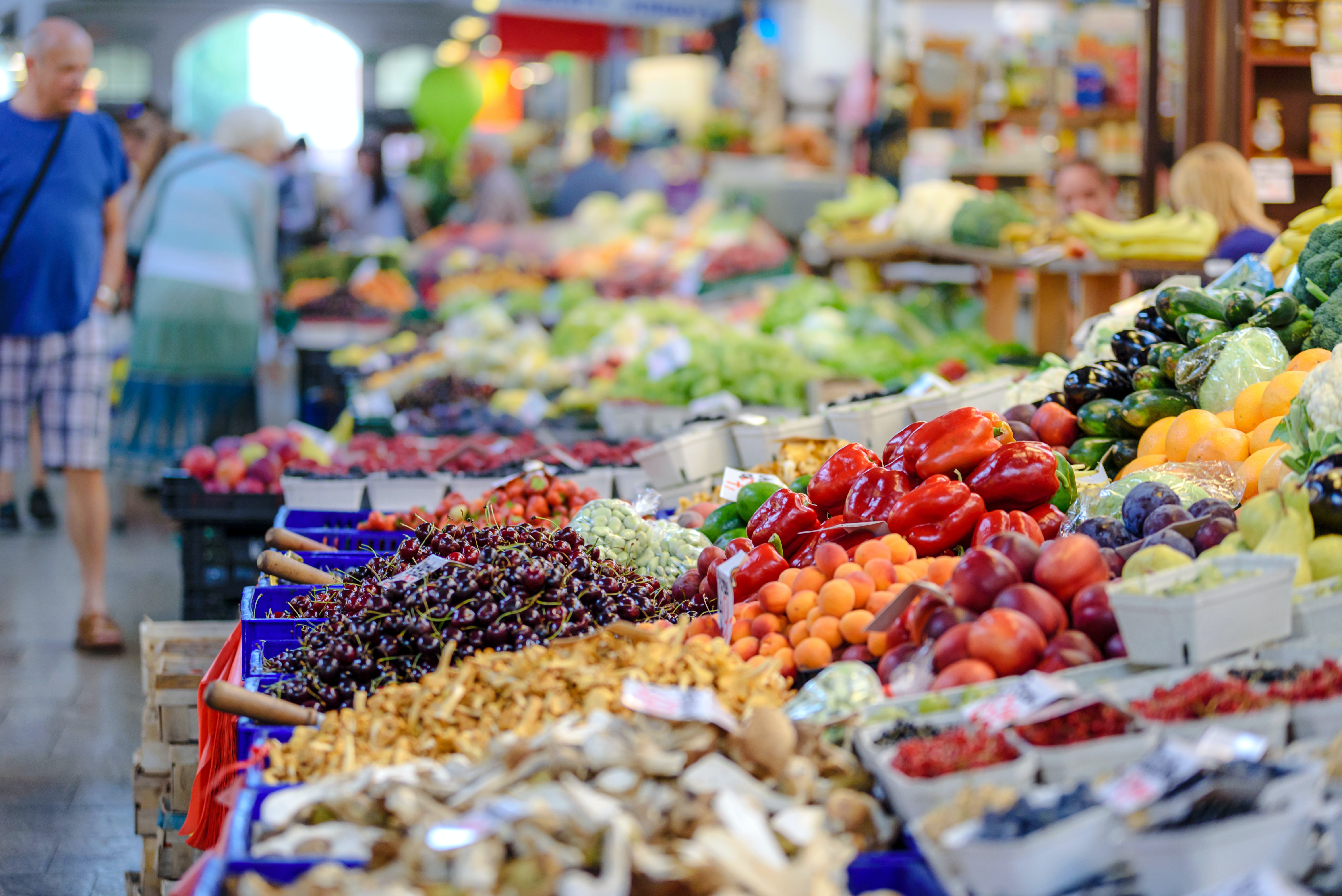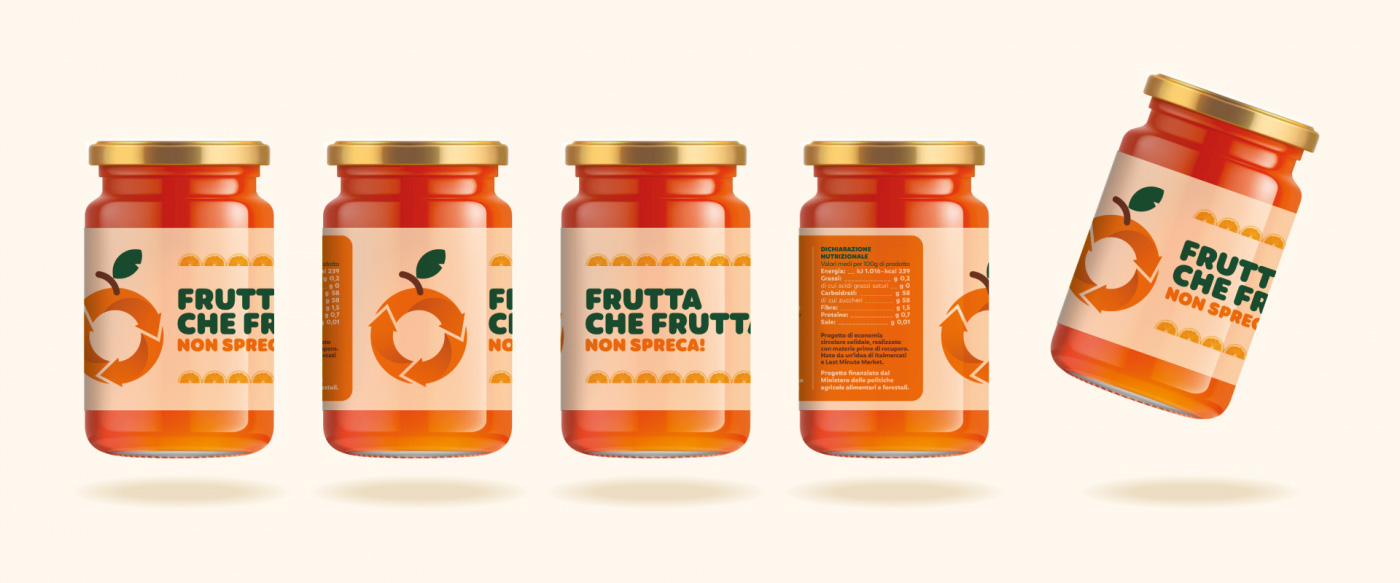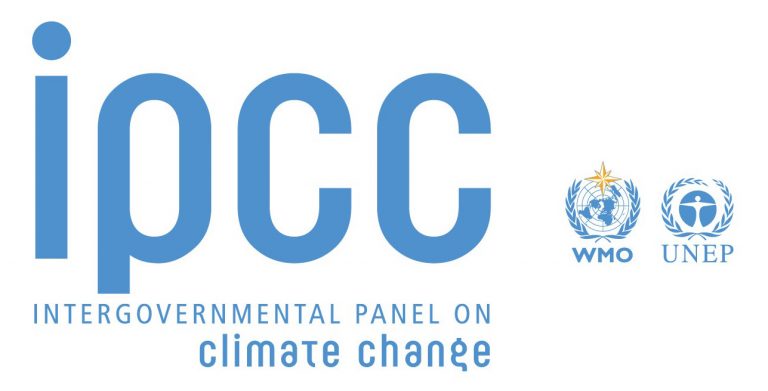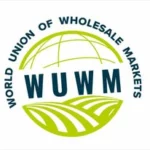In events: The second Dakar submit “Feed Africa: Food Sovereignty and Resilience” took place from the 25 to the 27 of January, discover the main outcomes
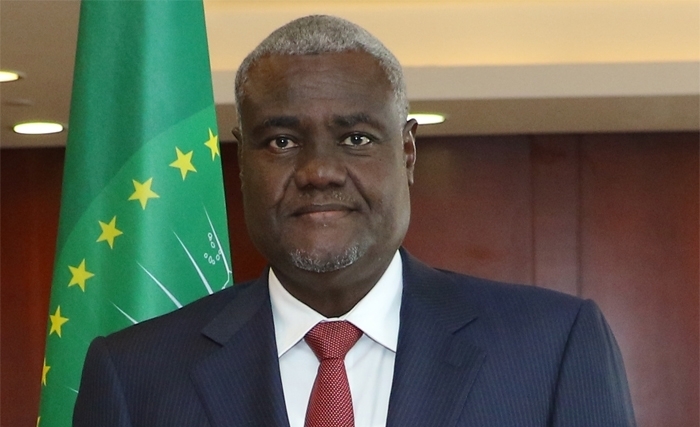
Held from 25 to 27 January 2023 in Diamniadio, Senegal, the Dakar Summit brought together African governments, members of the private sector, multilateral organisations, NGOs and scientists to address the growing challenge of food security in Africa. The three-day summit was hosted by His Excellency Mr. Macky Sall, President of the Republic of Senegal and Chairperson of the African Union, and co-organized by the African Development Bank Group (ADB) under the theme “Feeding Africa: Food Sovereignty and Resilience”. This is the second edition of this summit, the first of which was held in 2015 under the theme “Feeding Africa: The Strategy for Africa’s Agricultural Transformation (2016 – 2025)”. [br][br]
This summit is part of the will of African states to achieve the global sustainable development goal of zero hunger. Africa is at the heart of the problem because if to date 828 million people suffer from hunger throughout the world, 249 million are in Africa. The United Nations makes no mistake when it states that Africa must be the focus of attention because “the number of undernourished people is increasing faster than anywhere else in the world”. Although Africa has 65% of the remaining arable land to feed the world’s 9 billion people by 2050, the continent imports more than 100 million tons of food per year at a cost of $75 billion, the ADB said. [br][br]
Africa therefore has the potential to feed itself and to help feed the world. Its vast savannah areas alone are estimated at 400 million hectares, of which only 10% (40 million hectares) are cultivated. Achieving Zero Hunger in Africa will require between $28.5 and $36.6 billion per year. With the removal of barriers to agricultural development facilitated by new investments, it is estimated that Africa’s agricultural production could increase from $280 billion per year to $1 trillion by 2030. [br][br]
As a result of the summit, in the short term, states and their partners agreed to “support the implementation of national food and agriculture pacts with clearly measurable and time-bound indicators of success”. Forum participants called for concrete national policies, incentives and regulations to “create an enabling environment for greater and accelerated investment in the agricultural sector”. This will be done by mobilising domestic and external funding for national food and agriculture pacts from a wide range of multilateral and bilateral partners and the private sector. [br][br]
It will also increase funding from national budgets to support national food and agriculture pacts in line with the Malabo Declaration on Accelerated Growth and Transformation of Agriculture in Africa for Shared Prosperity and Improved Livelihoods by allocating at least 10% of public expenditure to agriculture. The aim is to increase agricultural productivity and support “climate-smart” agricultural infrastructure and systems using private sector investment to “help make Africa a breadbasket for the world”. [br][br]
The stakeholders also decided to ask the African Union Commission and the African Development Bank, to follow up with the various development partners to finalise the support. In addition, the ADB, which has pledged $30 billion in funding for the implementation of national food sovereignty and resilience strategies “as soon as possible” with the promise “to seek additional financial support from other partners and report on overall funding from development partners”, suggested that the Dakar Summit Declaration2 be submitted to the African Union Summit in February 2023 for consideration. [br][br]
Examples of good practice were presented during the Summit, such as the case of the Democratic Republic of Congo, which has made a paradigm shift since 2019 by focusing on agriculture so that the soil can take its “revenge on the subsoil”. The grip of mining resources has long prevented the country from truly developing. The agriculture budget has been doubled and the country’s overall budget quadrupled since 2019. The DRC is investing massively in cassava production, which now accounts for 10% of bread production. According to President Tsishekedi, cassava production now allows the DRC to save around 10 to 20 million dollars on wheat imports. The country is also investing in the cultivation of soya, which is essential for combating malnutrition and for feeding livestock. [br][br]
Third countries such as Ireland, Germany, the Netherlands and Canada have also pledged financial support to African countries to promote more resilient food systems. The WUWM welcomes the decisions taken at this summit of paramount importance for the African continent and will continue to work with its local partners to achieve the goal of eradicating hunger in Africa.
